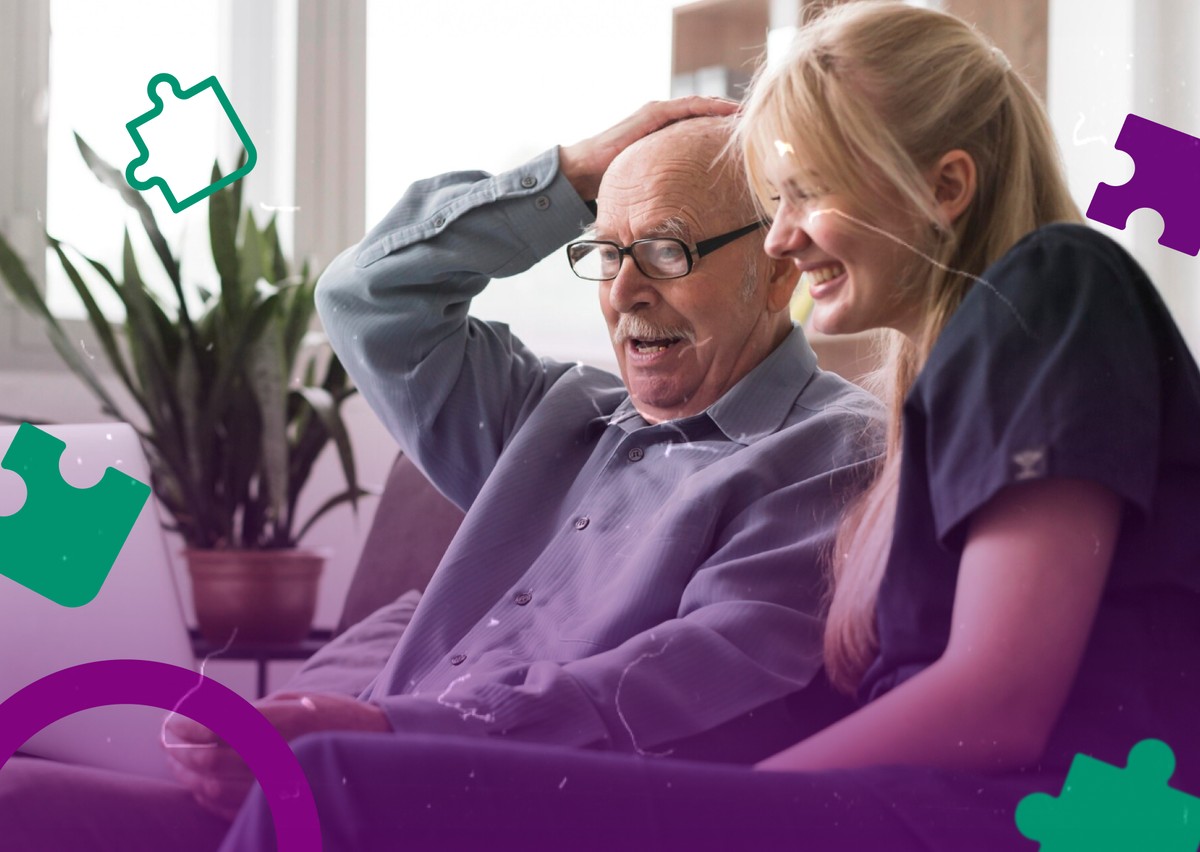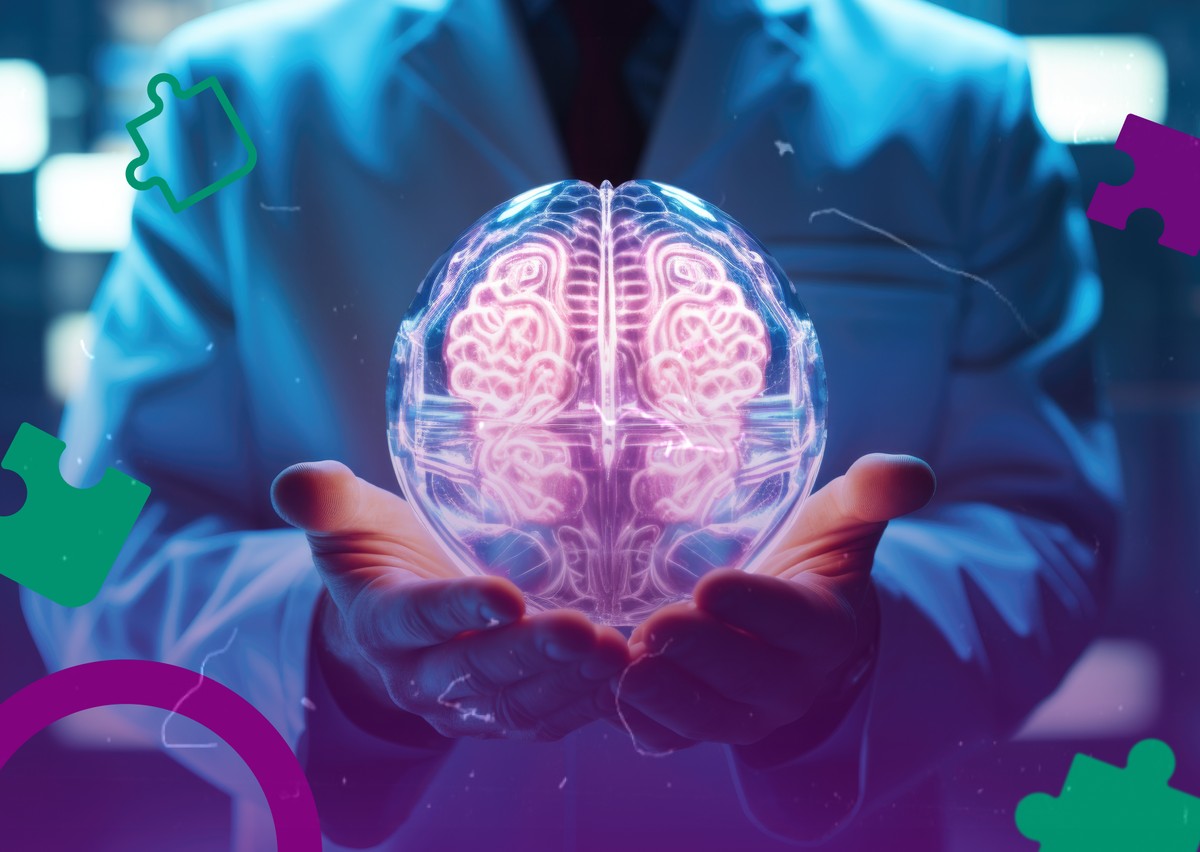Five Years of Brain Science: Sleep Cleans the Brain, AI Predicts Dementia, and Social Life Becomes Your Brain's Greatest Shield.
The brain remains one of the body's most mysterious systems. It feels like we study it endlessly, yet every year new discoveries reshape how we understand its function, aging, and recovery. In the last five years, neuroscience has delivered breakthroughs that touch on dementia and how we protect ourselves from it. This thread highlights the findings that matter most for everyday life—sleep, movement, nutrition, and connection—and what they mean for prevention and vitality.
In This Article:
Glymphatic System: The Brain’s Night-Time Clean-Up
During sleep, the glymphatic system activates to clear waste from the brain, including beta-amyloid and tau proteins linked to Alzheimer's disease. Chronic sleep deprivation slows this cleaning, which helps explain why poor sleep increases dementia risk. Healthy sleep is one of the most powerful, accessible ways to protect brain health.

Neuroplasticity Persists Longer Than We Thought
Researchers used to believe brain plasticity declined sharply after the mid-20s. New studies show the brain can form new connections well into old age, especially when it’s challenged by learning, physical activity, and social contact. Even after early signs of cognitive problems appear, memory training and ongoing mental stimulation can slow deterioration.

The Gut–Brain Connection: Microbiota and Mind
Growing evidence shows the gut microbiota influences cognitive function. An imbalanced microbiome is linked to inflammation that accelerates brain aging. A budding field, neurogastroenterology, explores how nutrition and probiotics may support memory and attention.
AI, Loneliness, and Movement: A Modern Shield for the Brain
Machine-learning algorithms are now able to analyze MRI scans to spot early signs of dementia long before symptoms appear. Beyond imaging, AI can help predict risk based on genes, lifestyle, and medical history, opening the door to personalized prevention. But technology isn’t the only protector: loneliness hurts the brain as much as smoking or high blood pressure, while broad social networks slow brain aging. Aerobic exercise—brisk walking—promotes neurogenesis in the hippocampus, directly supporting memory.

